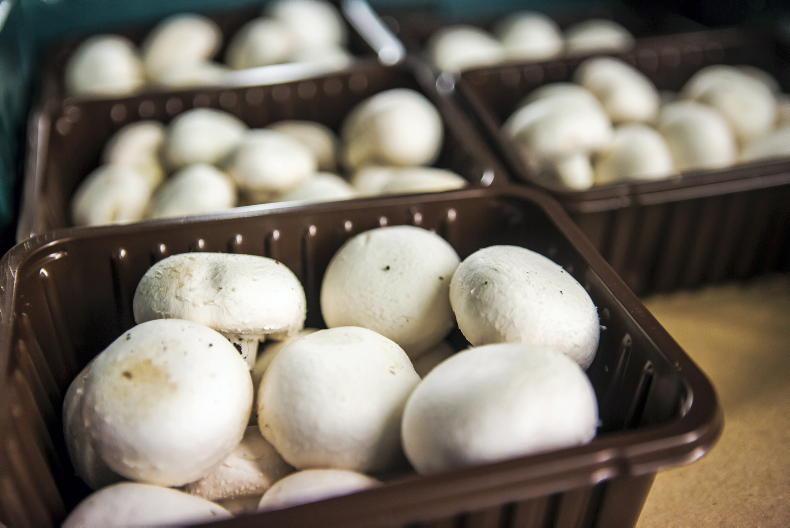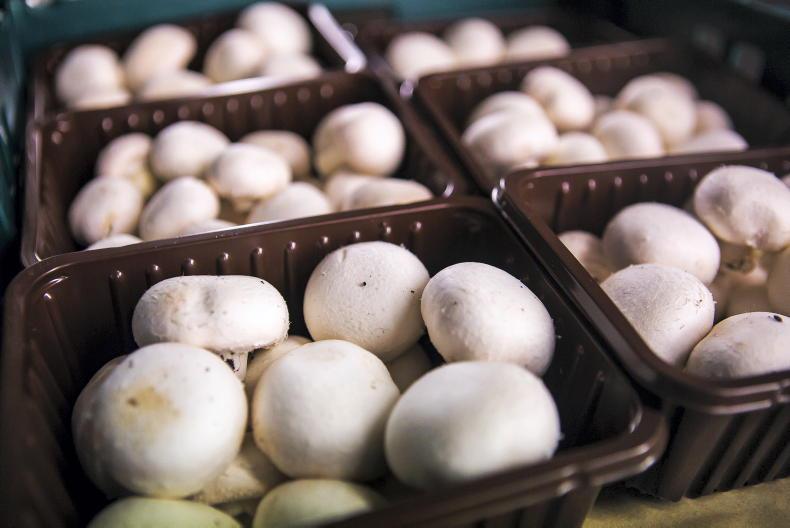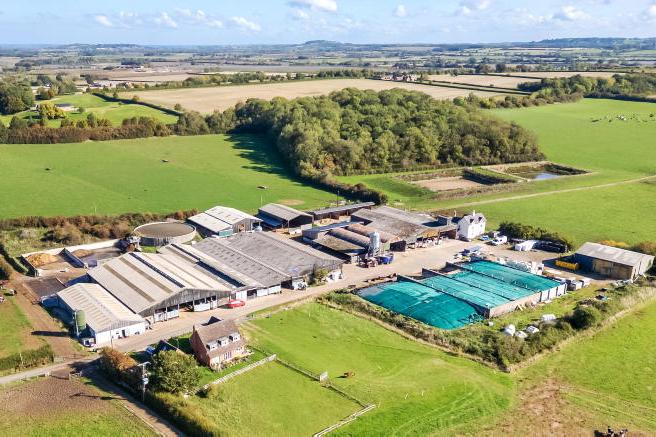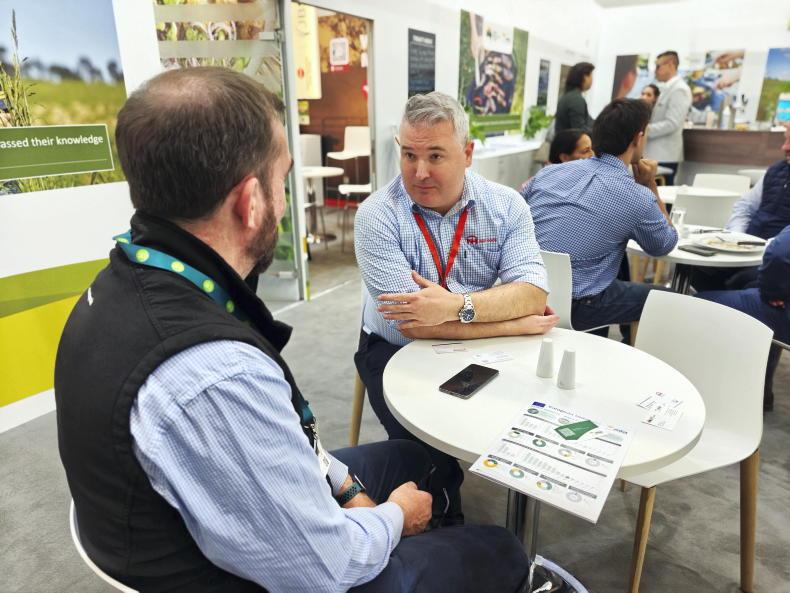The Irish mushroom sector was hit hard by Brexit and is now riding out the next six to 12 months in order to readjust, Paul Wilson, CEO of Monaghan Mushrooms and president of the European Mushroom Growers Group (GEPC) has said.
Wilson said there are a number of challenges facing the mushroom sector in Ireland at the moment; Brexit being the primary issue, with inflation secondary.
However, subject to managing and addressing those challenges, he believes there is a “bright future” ahead of the industry.
“Our main market here for the mushroom sector is very much the UK, and that will remain our market.
“For the Irish industry, it’s about remaining competitive in that market and making sure that we’ve got a point of differentiation when we compete in that market,” he said.
Cost inflation is a challenge facing both Irish and European markets, according to Wilson.
“Obviously, our crops are grown indoors under controlled environments so energy is a big impact in that regard,” he added.
Wilson said that consumers are “not aware” of how sustainable mushrooms are, boasting their low carbon footprint.
“We’ve got a product that is ticking all the boxes in terms of sustainability, health, low carbon. We are one of the lowest-carbon foods out there,” he said.
Members of the GEPC from across the EU, along with Bord Bia, met in the RDS last month to discuss a promotional campaign it is putting forward in a bid to secure EU funds.
Member countries must get together and raise 20% of the funds in order for the EU to back it with 80%.
This is the first time that European mushroom growers have come together to put in such an application.
Mel O’Rourke, who was involved with the Commercial Mushroom Producer Co-op and is in the industry over 35 years, told the Irish Farmers Journal that Irish mushrooms are the most successful in terms of any food export from Ireland.
“Not only do we produce mushrooms here, Irish companies own more than 50% of the production in the UK,” he said.
UK home-produced is number one and Irish-produced is number two
Monaghan Mushrooms, Walsh Mushrooms and Hughes Mushrooms are some of the Irish companies that own UK mushroom farms.
O’Rourke explained that British supermarkets demand UK produce first, so as a result the Irish bought farms out there.
“UK home-produced is number one and Irish-produced is number two,” he said.
Only 6ha of peat a year needed
There is “an absolute requirement” for fresh deep dug peat for the mushroom industry to survive.
“We are not talking about big quantities. We are only talking about around 150,000 cubic metres per annum to sustain the industry.
“It’s about five or six hectares of peat bog out of 1.2m hectares.
“The issue is that we get lumped in along with peat harvesting for power generation and the amenity horticulture sector.
“We are not needing the same pool of material at all,” he said.
Competitive advantage
He argued that the global mushroom industry would “love” to have Irish peat.
“It’s the absolute best quality. It gives us a natural competitive advantage.
“Before the restrictions came into play, Irish peat was being exported to places as far away as Japan, Australia, South America and South Africa, he said.
Ireland can also get fresh mushrooms to the UK 24 hours faster than Poland can, adding to our competitive advantage, O’Rourke said.
Labour
A big challenge facing the Irish sector is labour and retaining labour, Mel O’Rourke explained. “We’ve had a work permit scheme and that has been very helpful but it has been very difficult to justify having that work permit scheme when you have people coming into Ireland as refugees,” he said.









SHARING OPTIONS